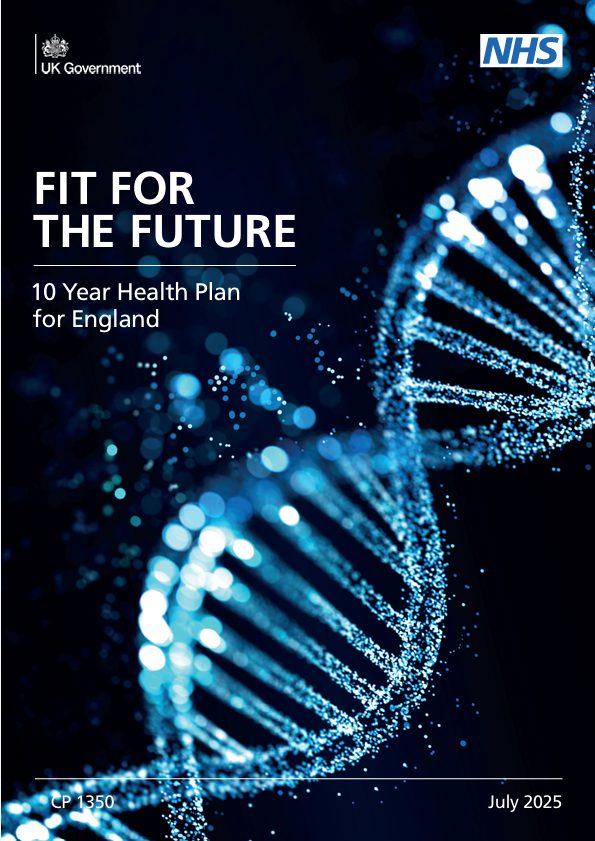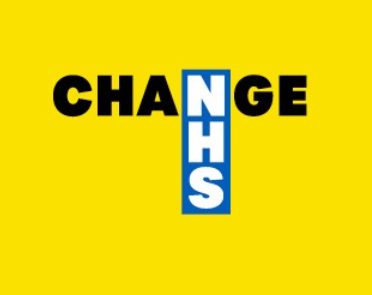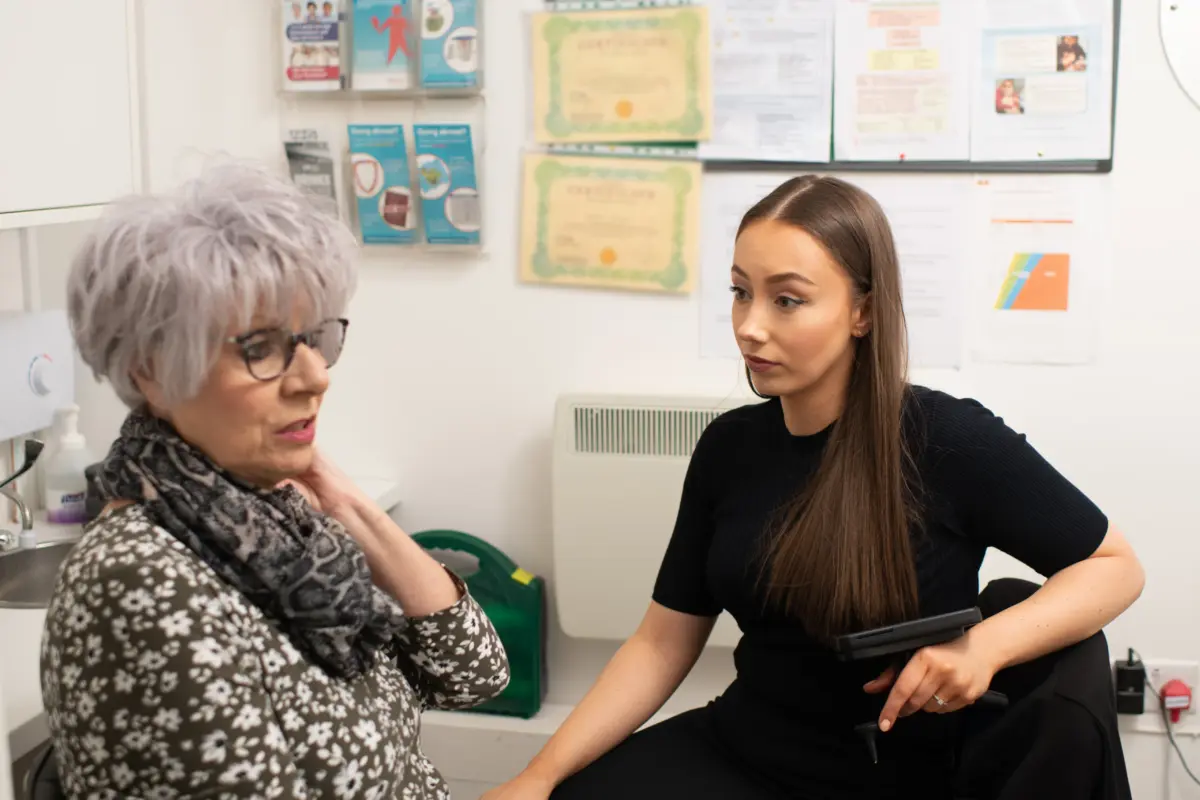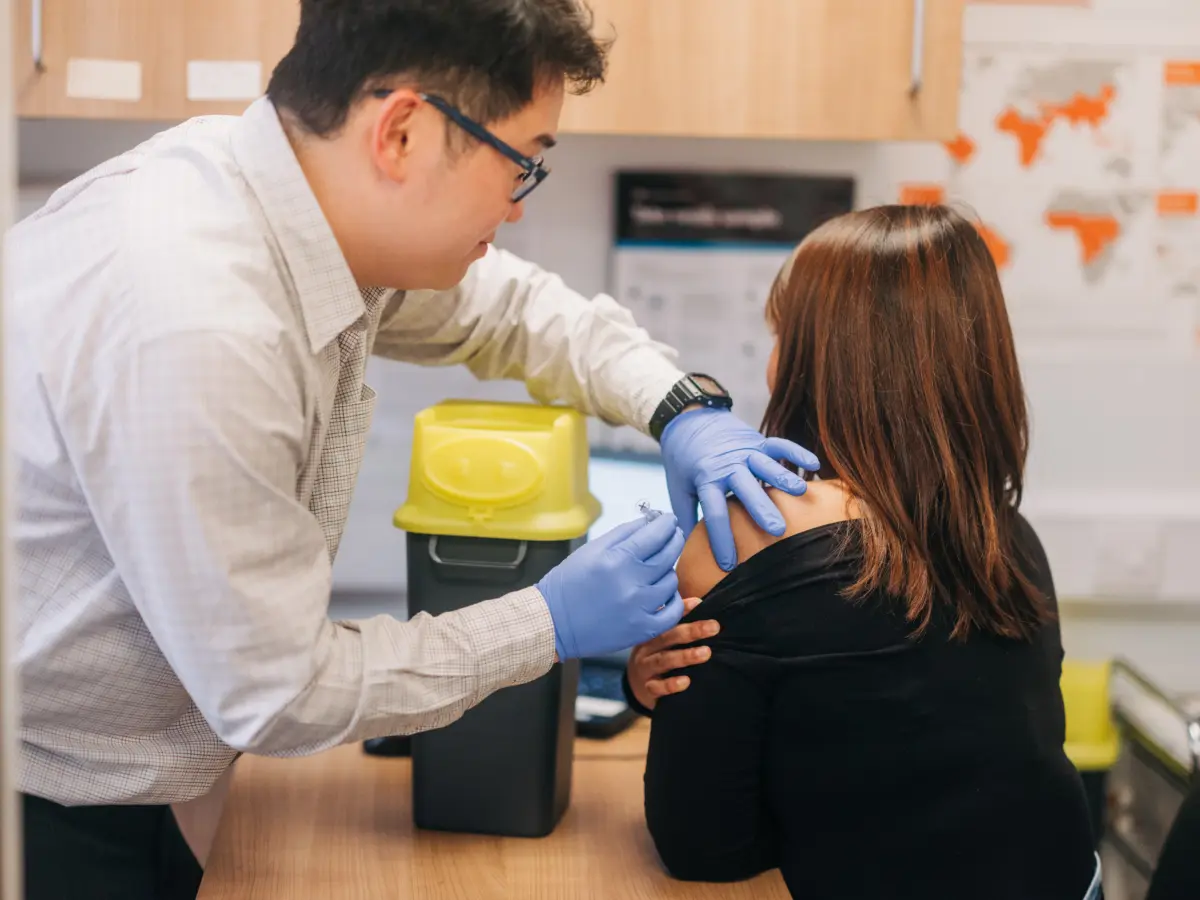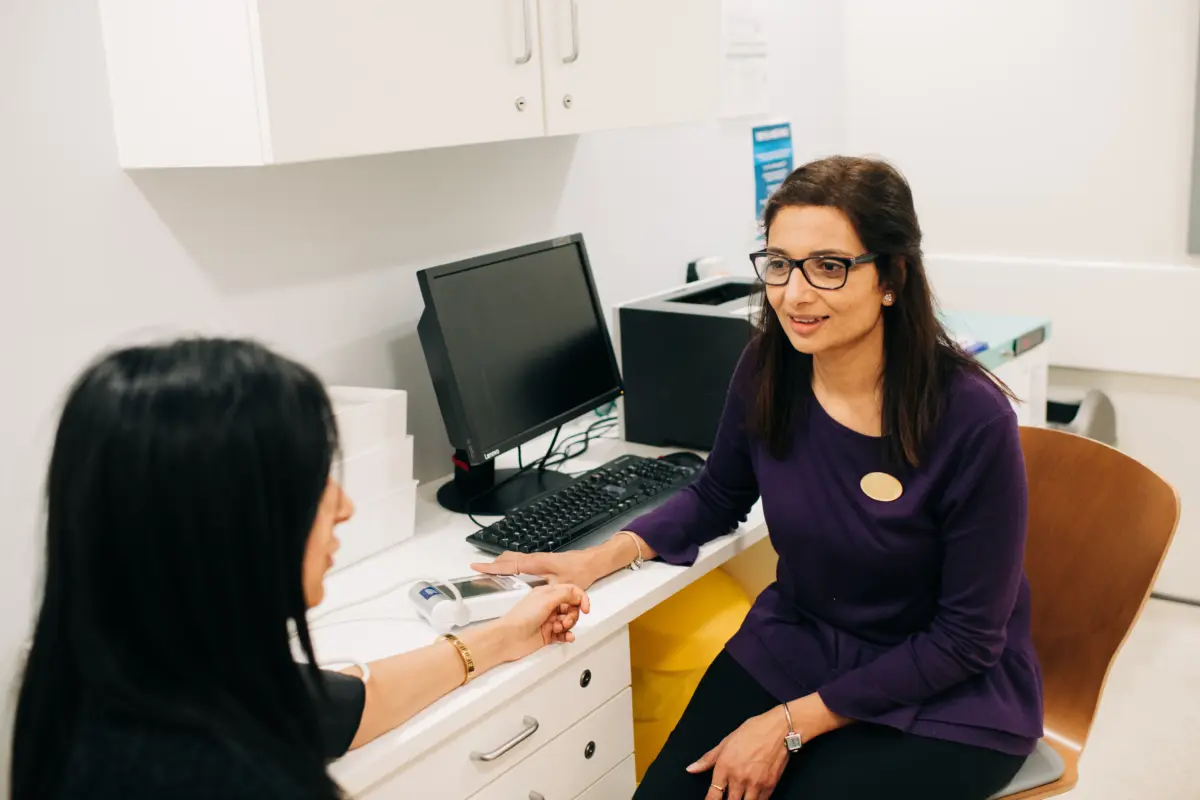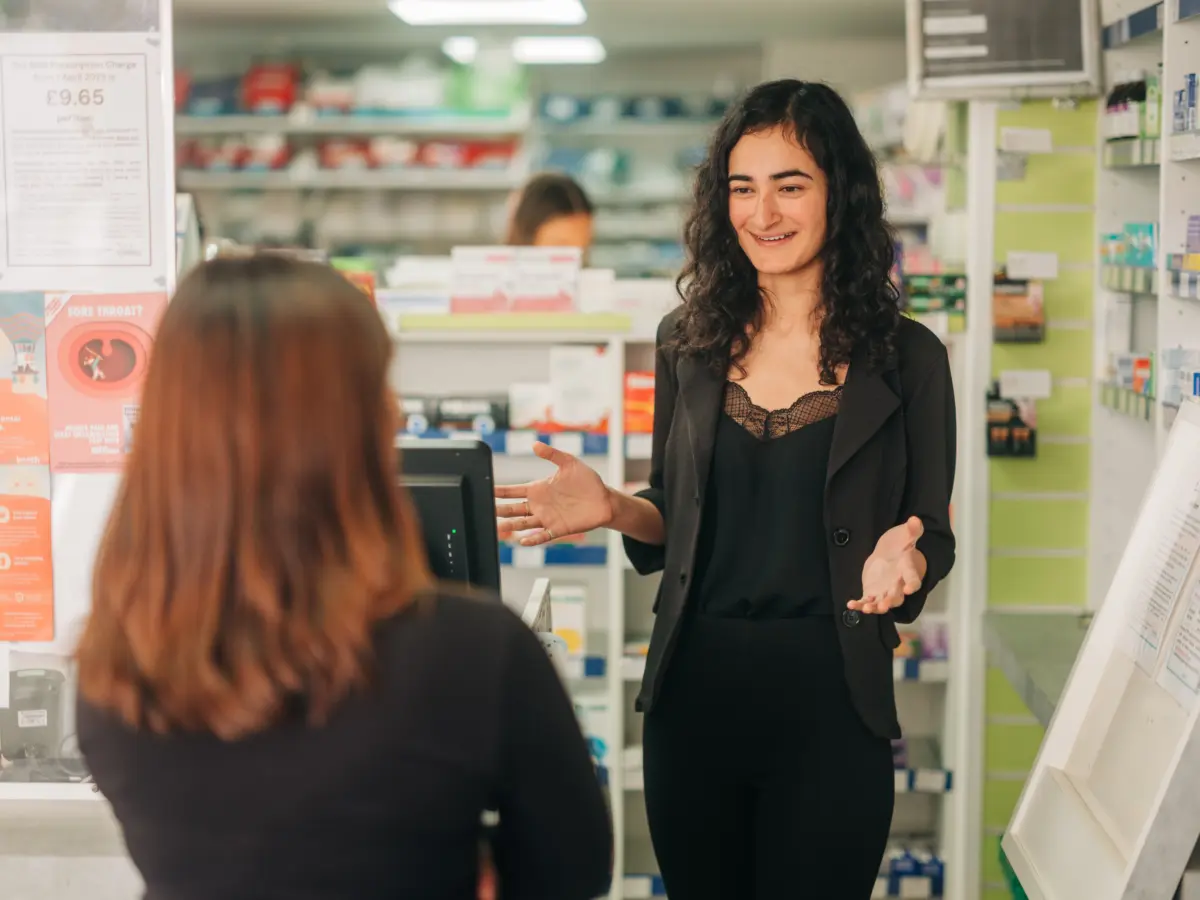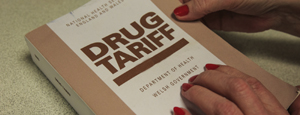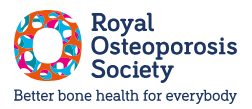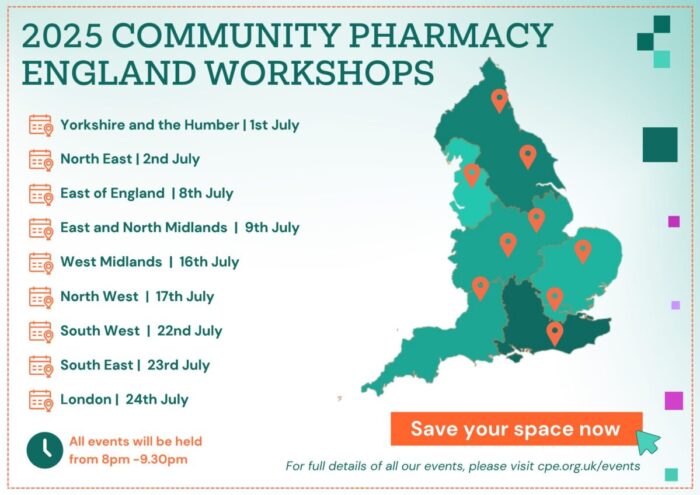Pharmacy First – Information for GP practice teams
Published on: 12th March 2024 | Updated on: 16th January 2025
Introduced on 31st January 2024, the Pharmacy First service builds on the previous Community Pharmacist Consultation Service (CPCS), which allowed GPs and other settings to electronically refer patients directly to pharmacies for minor illness consultations.
Expanding on the work they had already been doing as part of CPCS, community pharmacists can now supply an NHS medicine, if clinically appropriate, for sinusitis; sore throat; acute otitis media; infected insect bites; impetigo; shingles; and uncomplicated urinary tract infections (UTIs) in women (age restrictions apply), as well as still see patients with other minor illnesses who are electronically referred to them.
The Pharmacy First service is an optional service, but over 95% of pharmacies have signed up to offer it.
The new service is part of a wider expansion of pharmacy services to improve access to healthcare whilst simultaneously reducing pressure on other parts of the NHS. Other recently expanded pharmacy services include the NHS Blood Pressure Check Service for people aged 40 and over, and the Pharmacy Contraception Service.
Animation on how the Pharmacy First service works
About the service
There are three parts to the service:
- Minor illness consultations with a pharmacist;
- Supply of urgent medicines (and appliances); and
- Clinical pathway consultations.
Parts 1 and 2: Minor illness consultations and Supply of urgent medicines (and appliances)
- General practices can only refer for Minor illness consultations (part 1 of the service); they cannot refer patients for Supply of urgent medicines (and appliances).
- For minor illness consultations, pharmacies must receive an electronic referral from general practices and other authorised healthcare providers (such as NHS 111, EDs and UTCs).
Part 3: Clinical pathways consultations
- The third part of the Pharmacy First service is the Clinical pathway consultations. This involves pharmacists providing advice and NHS-funded treatment, where clinically appropriate, for seven common conditions:

- This part of the service can be provided to patients electronically referred by general practices, as well as NHS 111 and others.
- There is a clinical pathway for each of the seven conditions, which identifies when a patient can be treated under the service and when they should be referred to another healthcare professional; this is what the pharmacist will use to decide if the patient is eligible for the service.
- In the clinical pathway consultation with a pharmacist, people with symptoms suggestive of the seven conditions will be provided with advice and will be supplied, where clinically appropriate, with a prescription-only treatment under a Patient Group Direction (PGD) or in one pathway, an over-the-counter medicine, all at NHS expense.
Infographic
Other Pharmacy First resources for GPs and their teams
Briefing for Local Medical Committees and general practices on the Pharmacy First service
Slide deck on Pharmacy First for general practice teams
News story on the service – A template news story that could be used by GP practices on their website or in their patient newsletter.
Brief news story on the service – A shorter template news story that could be used by GP practices in their patient newsletter.
NHS England letter to GP practices announcing the launch of the Pharmacy First service
NHS England slide deck on Pharmacy First for receptionists and care navigators
Community Pharmacy England webpage on Pharmacy First
Community Pharmacy England webpage on Pharmacy First FAQs
NHS England webpage on practices referring patients to Pharmacy First
NHS England webpage on Pharmacy First
Read more about GP Connect
NHS England slide deck on Update Record and the Pharmacy First service
Promoting the service to your patients
GP practice teams may want to promote the Pharmacy First service to their patients to help increase awareness of the service. We have developed a range of materials which can be used to promote the service to patients.
Animation for patients
The animation for patients provides clear and concise information about the Pharmacy First service, highlighting the seven conditions and the eligible age ranges within the clinical pathways consultations and explaining how patients can access those.
Gp practice teams can use the animation to communicate the benefits and scope of the Pharmacy First service to their patients. For example, the animation can be linked to social media content and you can download a copy to play on digital screens in GP practice waiting areas.
Watch the animation:
Two shorter clips are also available on YouTube:
How the Pharmacy First service works
The value of the Pharmacy First service
Our shared folder (link below) allows you to easily download the latest versions of some or all of the following resources:
- Posters for display e.g. in general practice waiting rooms;
- Social media tiles and suggested social media posts about Pharmacy First; and
- Videos and digital screen graphics;
Download here: Pharmacy First promotional resources
Information for GPs and their teams on other pharmacy services
Information for GPs and their teams on other pharmacy services can be found on our Working with GPs page.
Local implementation
If GP practice teams want further information or support on local implementation of referrals, contact the Local Pharmaceutical Committee who may be able to assist.
For more information on this topic please email services.team@cpe.org.uk

